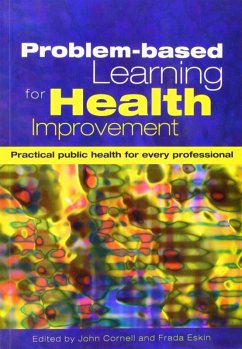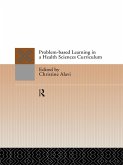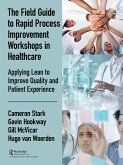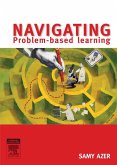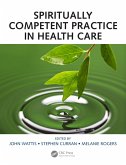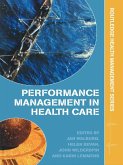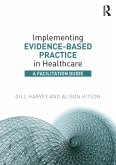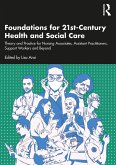Improving the health of the population requires a public health perspective. We have written this book to demonstrate its nature. Improving the population's health is the occupational raison d'etre of public health professionals. However, because the population's health is affected by all facets of society's activities (see Figure A), possessing a public health perspective is relevant to a wide variety of other professions and disciplines. Although doctors and nurses, social workers, teachers, etc., work with individuals, this book provides new insights for them to consider individuals within the wider context and offers increased possibilities for problem solving. For example, poor living conditions adversely affect school- work, dysfunctional families militate against a patient's recovery and fear of violence on a housing estate limits the social life of an older person, which in turn creates isolation, loneliness and health deterioration. Given this broader perspective, the solution to a problem may lie in improving the wider environment rather than focusing on the symptoms exhibited by the individual. Taking a public health perspective therefore increases the opportunities for improving the population's health and well-being. We aim to demonstrate to readers, through practical examples, the network of knowledge and skills required to tackle the challenges that daily confront all professionals concerned with people's health. Each chapter is devoted to exploring one of the ten areas of public health competence as defined by the Faculty of Public Health Medicine.1 This has been achieved using a problem- based, self-directed learning model. Each of the chapter authors was given a broad brief but with some leeway and licence in how they presented their work. This reflects the reality of public health practice. Foreward.
Dieser Download kann aus rechtlichen Gründen nur mit Rechnungsadresse in A, B, BG, CY, CZ, D, DK, EW, E, FIN, F, GR, HR, H, IRL, I, LT, L, LR, M, NL, PL, P, R, S, SLO, SK ausgeliefert werden.

